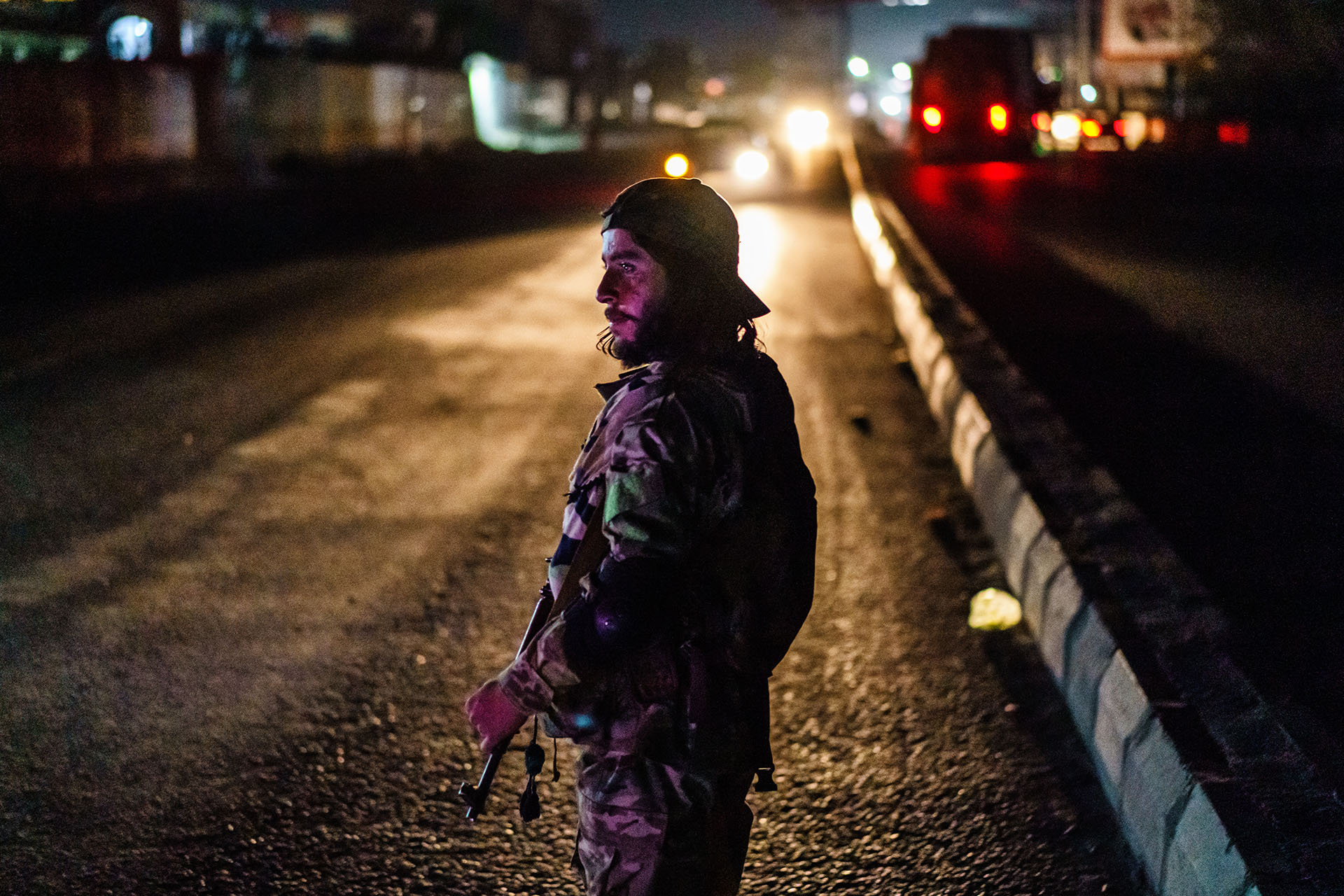I wish I could say we have come a long way in improving the rights of queer, trans, and intersex people in Afghanistan. But that has not been the case. There is a consensus among all levels of Afghan society that this entire community of people doesn’t exist. As a result, its members have to conceal their true identities just to survive.
Even during the 20-year US occupation, many Afghans couldn’t publically claim their gender identity or sexual orientation because “homosexuality” remained criminalized in language so vague that the entire LGBTQ+ community remained at risk. No government institutions or aid groups allocated money or time to support or advocate for them, and no effort was made to change attitudes or laws.
That void was felt when the Taliban reclaimed power in August last year, leaving an already vulnerable population at imminent risk of assault, torture, and even murder. The Taliban has a long history of prosecuting queer and trans Afghans, dating back to their first time in power from 1996 to 2001. Their return has significantly worsened the situation yet again.
Zahra Mousawi and I talked to half a dozen people for our latest story about what it’s like to be queer or trans in Afghanistan right now. One of them was 25-year-old Faryal, an activist and founding member of the Afghan LGBT Organization, one of the only support networks for LGBTQ+ Afghans. She is a lesbian who has advocated for equal rights through social media since 2016. After the Taliban took over, she fled to Europe, where she continues her work. Read our interview below.
Tell us about your journey of discovering your identity.
Unfortunately, [as I was growing up] there was no learning opportunity and awareness about gender [and sexuality]. I was confused, and there was no one to answer my questions. If I were to ask my family, they would be terrified, thinking about what might have happened to me. I think it was 2010 when I was using my brother’s phone to learn about menstruation. I saw a title about lesbians, and I clicked on it and read it. I thought I might be one of them because I didn’t like to marry a man, and I knew I liked girls. Later, when I went to university, I found my first girlfriend. She encouraged me to set up a Facebook page to advocate for [LGBTQ+] rights.
What is the situation for queer Afghans now?
Many say there are no [queer, trans, or intersex] people in Afghanistan. But [they] exist in all provinces of Afghanistan and among all ethnicities. They are human, but they are born different. Not all humans’ faces look the same. That is also true for their gender identity and sexual orientation. Our desire, and who we are, are totally natural. But [queer] Afghans can’t claim their identity publicly because their rights and status are not recognized in Afghanistan, and they do not have legal protection. It has always been difficult for them, but it gets worse under the Taliban. Right now, Afghanistan is hell for [LGBTQ+] people, especially for those whose bodies give clues to their gender identities. They can’t hide their bodies, [which means] they can’t go out and provide for their basic human needs, like food. And, there are no family and friends who offer help.
Tell us about your work with LGBTQ+ Afghans.
In Afghanistan, all my activities were underground. Even my closest friends didn’t know I was an activist. I was working as an [adviser on gender for an aid group] and making good money, which I was using to support queer Afghans who needed help. Sometimes I would throw them a party, and other times I would arrange online self-care classes. But when the Taliban came, it became impossible to continue my work, and I was forced to flee.
What challenges and risks did you face as an Afghan activist?
Recently, I suffered a lot. Everyone abandoned me. I am going through a lot of mental pressure. Especially after I spoke out with my real identity. To express our identity, we shouldn’t be forced to conceal our real names. I knew the cost for the most part, but I didn’t know people would find my family. My family was attacked in Afghanistan by the people in our neighborhood. They shattered all the windows of my parent’s home and set fire to my brother’s shop. They scorn my father in public. I am terrified for my family’s safety, and I feel guilty for putting them in this situation. It has been months that I haven’t talked to my father. He doesn’t pick up my phone call any longer. [Crying] All my friends, and even the educated ones, abandoned me. I am lonely, very lonely.


 Zahra Nader
Zahra Nader
